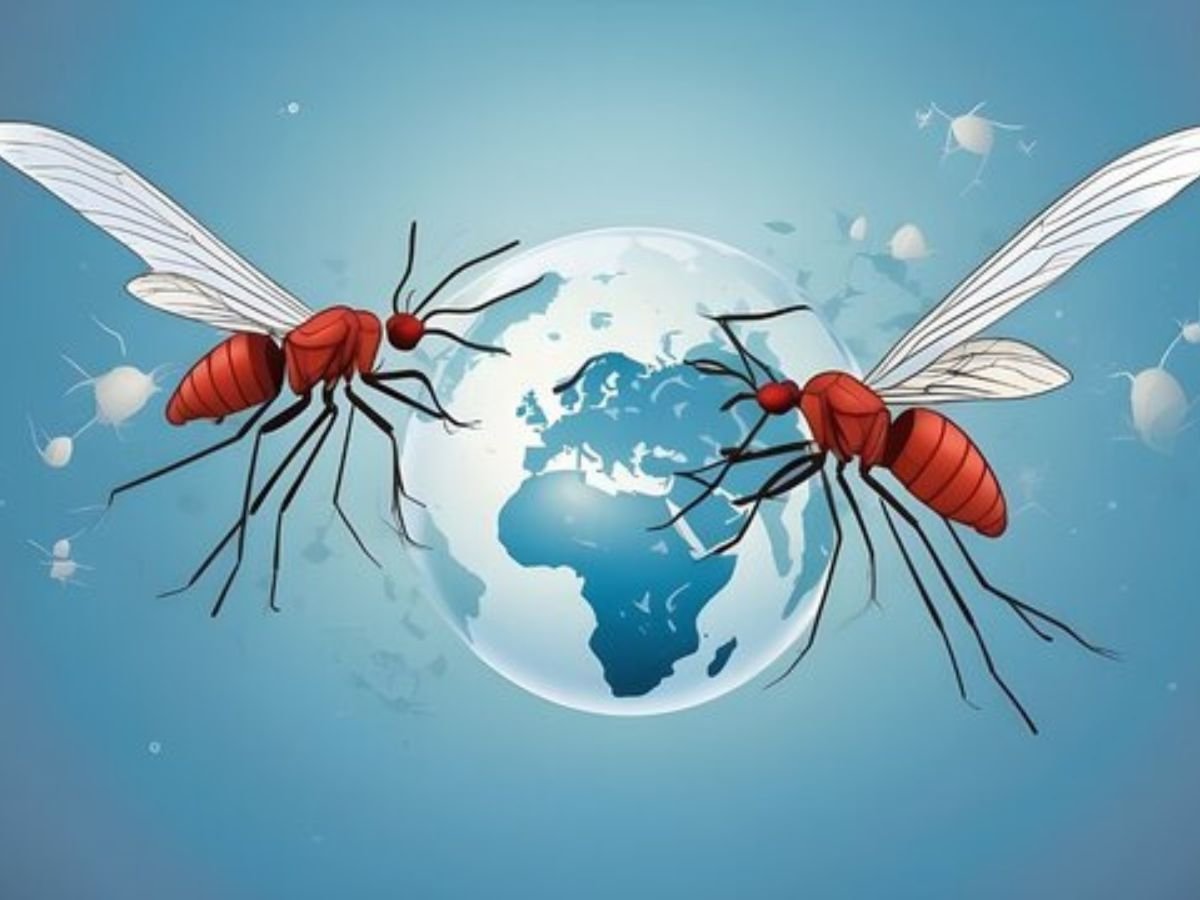New Delhi, 13 May 2025: Dengue fever, a mosquito-borne viral infection, continues to be a significant public health threat in many tropical and subtropical regions. In recent years, the development of dengue vaccines has brought hope for reducing the disease burden. However, like any medical intervention, dengue vaccines come with potential side effects and precautions. Here’s a comprehensive look at what experts say about the safety and side effects of dengue vaccines.
Understanding Dengue and the Need for Vaccination
Dengue is caused by four closely related viruses (DENV-1, DENV-2, DENV-3, and DENV-4), and a person can be infected by each serotype. While many cases are mild, severe dengue can cause hemorrhagic fever and even death. As infection with one serotype doesn’t protect against the others—and may even worsen the outcome of subsequent infections—vaccination is a complex but critical tool in dengue prevention.
Currently, two vaccines are approved for use in certain countries:
- Dengvaxia (CYD-TDV) – developed by Sanofi Pasteur
- Qdenga (TAK-003) – developed by Takeda Pharmaceuticals
Common Side Effects of Dengue Vaccines
According to health experts and clinical trial data, DN vaccines may cause mild to moderate side effects, similar to other viral vaccines. These are usually short-lived and manageable:
- Injection Site Reactions Redness, Swelling, Pain – These are the most common complaints and typically resolve within a few days.
- Fever and Headache – Mild fever and headaches reported after vaccination, especially after the first dose. These usually subside with rest and hydration.
- Fatigue and Malaise – Some recipients feel tired or generally unwell for 24–48 hours after getting vaccine.
- Muscle or Joint Pain – Aches and pains, especially in the arms or legs, have noted but tend to be transient.
Serious or Rare Side Effects: What to Watch For
While serious adverse effects are rare, they must taken seriously:
- Allergic Reactions: Symptoms like rash, breathing difficulty, or swelling may indicate an allergy to vaccine components. Immediate medical attention is essential.
- Risk of Severe DN: The most controversial side effect of the first vaccine, Dengvaxia, is the increased risk of severe dengue in individuals who have never had a previous DN infection. As a result, WHO recommends Dengvaxia only for people who have had at least one confirmed dengue infection.
- Hospitalization in Seronegative Individuals: In trials, previously uninfected individuals (seronegative) who received the vaccine had a higher risk of hospitalization due to dengue in subsequent years.
Differences Between Vaccines: Dengvaxia vs. Qdenga
Dengvaxia approved for people aged 9–45 years with documented past DN infection.
Qdenga has shown promise in protecting individuals regardless of prior infection and approved in the EU and Indonesia for people aged 4 and older.
Qdenga appears to have a better safety profile for broader populations, but long-term data still being gathered.
Who Should Avoid the Dengue Vaccine?
Experts advise against taking dengue vaccines if you:
- Have never had dengue and are taking Dengvaxia
- Are allergic to any component of the vaccine
- Are pregnant or breastfeeding (consult your doctor)
- Have a weakened immune system or are on immunosuppressive therapy
Expert Advice on Vaccination
Dr. Suresh Rao, an infectious disease specialist, says, “The dengue vaccine is an excellent preventive tool, especially for people in high-risk areas. However, it’s not one-size-fits-all. A proper assessment of past infection status is key.”
Before getting vaccinate, it’s crucial to consult a healthcare provider and, if need, undergo a dengue serological test to confirm past infection.
DN vaccines can significantly reduce the risk of infection and its complications, especially in endemic regions. However, the decision to get vaccinate must guided by individual medical history, risk exposure, and expert consultation.







